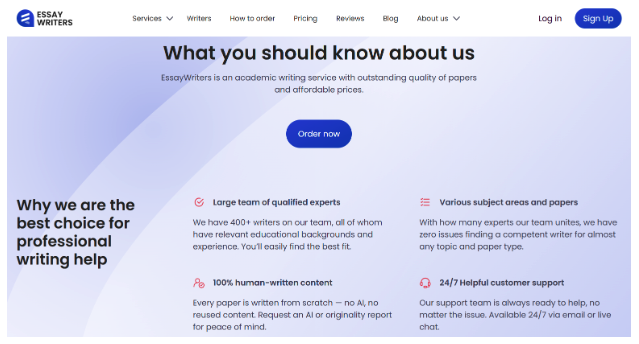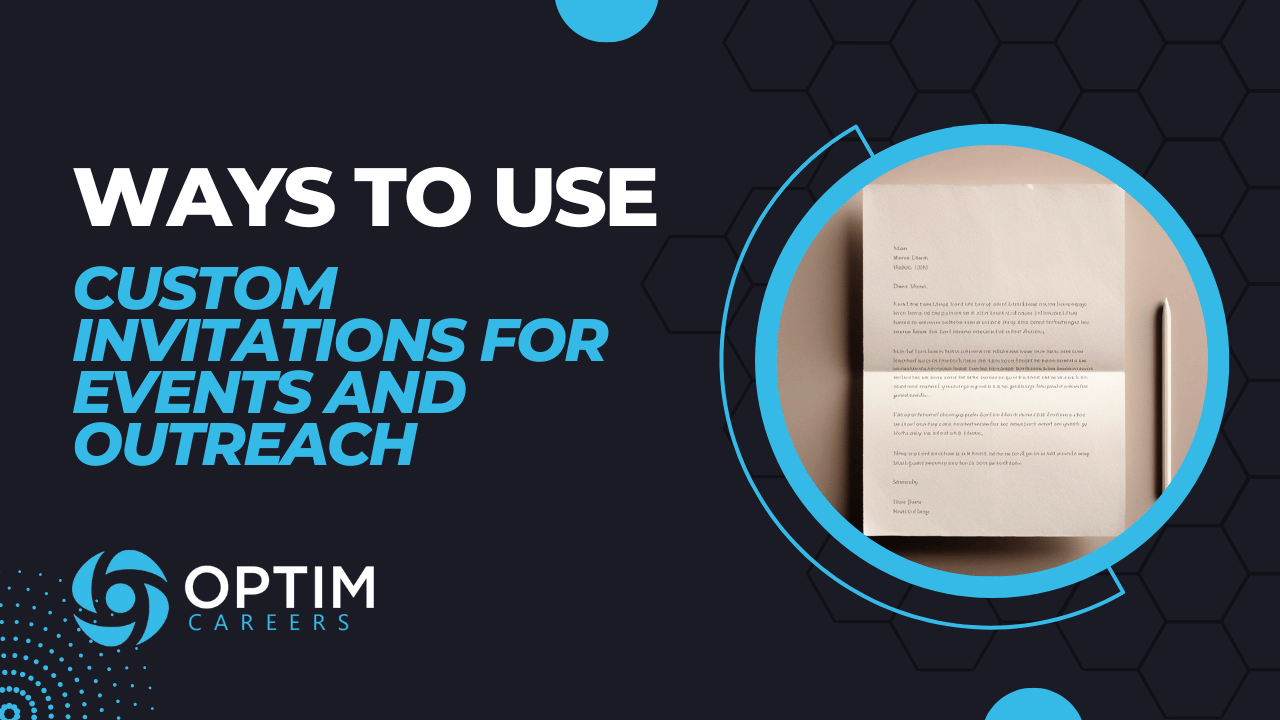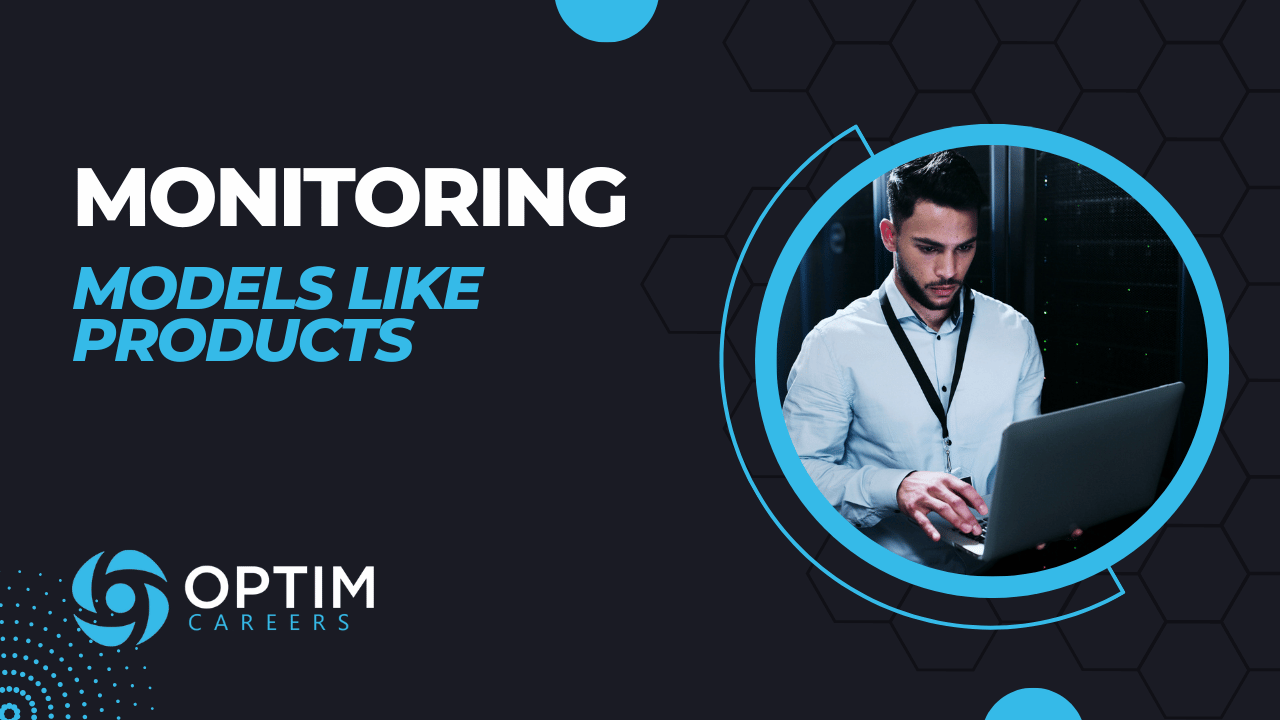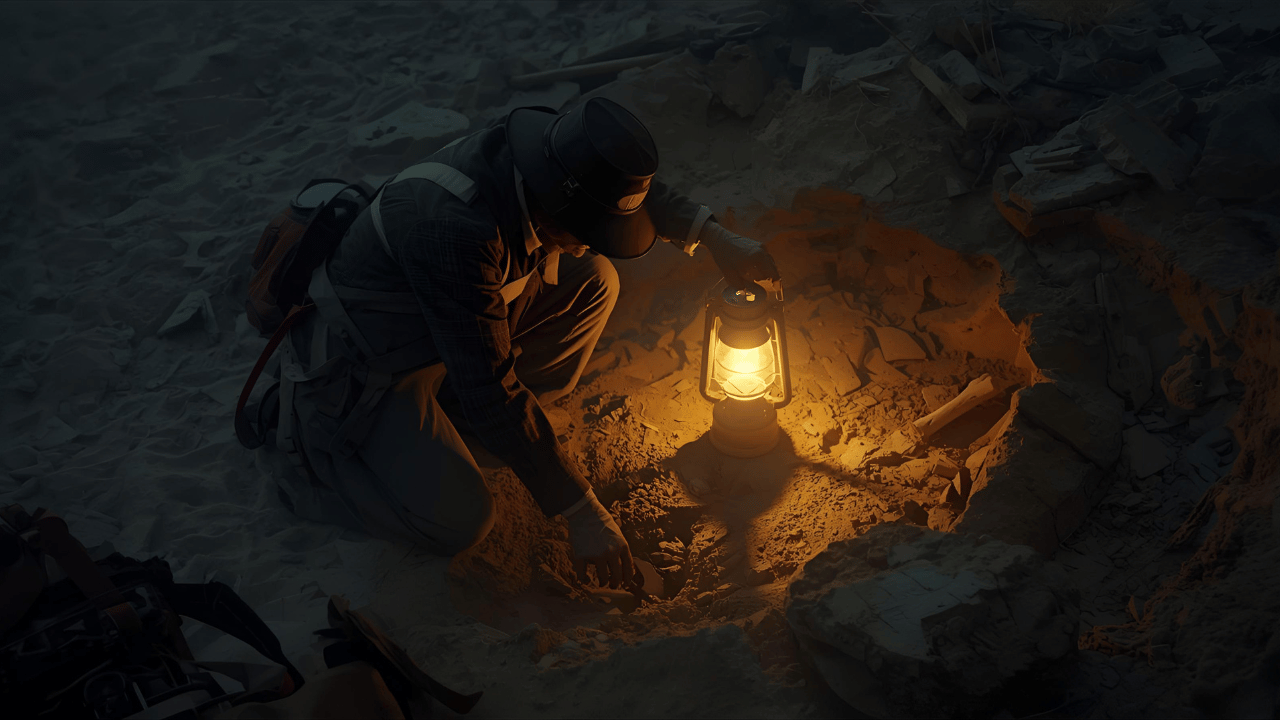What Would You Do If You Knew You Couldn’t Fail [Interview Answers]
Just reading the title of this article may have given you pause. It does for most people. But what happens when someone asks you this in a job interview?
It’s a question that most of us haven’t put much thought into, but maybe we should. Not only because we could be asked in an interview, but because it also helps us focus in on what matters to us in life. The answer to it can give us direction.
In this article, we’ll discuss:
Why hiring teams ask this question (what are they really asking).
Ideas on different ways to answer the question.
Some steps to come up with your unique answer.
Some mistakes to avoid when answering this question.
And, how to overcome failure.
Why Do Hiring Teams Ask This Question?
This interview question has gained steam over the past few years. The whole idea of “what would you do if you couldn’t fail” stems back to a 1972 self-help book by Robert Schuller. But it’s been revisited many times over the years including most recently in a 2012 TED talk.
It’s a fun experiment to do on your own - much less fun in an interview if you’ve never thought about it.
So why do hiring teams ask this question (besides the fact that it’s trendy)? I have four answers for you.
They want to know if your interests are aligned with theirs.
They want to know how committed you’ll be to their success.
They want to know that you won’t give up too quickly or too easily.
They want to know what kind of risks you will take.
Ultimately by asking this question, they want an insight into your commitment level. While the questions isn’t terrible on its own, perhaps a better question would be what level of success will you be content with? Most people can succeed at almost anything if they put the work into it. But is the juice worth the squeeze? They’re trying to figure out if the juice is going to be worth the squeeze to you.
Related Article: 12 Reasons Why Your Interviews Are Not Turning Into Job Offers
Steps to Answer “What Would You Do If You Couldn’t Fail” in an Interview
Let’s take a minute and be honest with one another here. If you were really answering this question truthfully, the answer would probably be, “Not working here.” But let’s assume you want to get this job so that answer isn’t going to work.
There are really three things you need to do to answer this question well. You need to know what you want. You need to target the right job. And you need to find alignment between your goals and what the job offers.
Soul Search
First, you need to figure out what motivates you. Be honest with yourself about what you want. Think long-term. If you’re having trouble with that try thinking about what energizes you or what you loved as a child.
Assess the Job
Do you love the job you’re interviewing for or the idea of the job? There is a difference. Some people (I think) get married way too early because they love the idea of marriage, but do they actually love what marriage looks like with that person? Now a job isn’t as big of a commitment as marriage, but it’s still a commitment.
Sometimes we only see the glorified parts of a job. Different people are suited for different jobs. It takes all kinds of people and jobs to make the world work. Not every job suits everyone’s temperament. This is an exercise worth taking the time to reflect on (unless you want to simply go through life drifting from job to job).
Alignment
What caught your attention about this job? How will it help you get where you want to go or help you do what you want to do? How will it help you get what you want? A connection should occur between your goals and intrinsic motivation to achieve them and the job you are interviewing for. It has to fit into your plan.
If it doesn’t, you may want to take an honest look at why you want the job in the first place. Of course, there are times when a job is just a job and you need to make some money. Many people have been there and you’re not alone, but saying that is probably not going to help your case for being the candidate that receives the job offer.
Every job offers you some type of value. Even mopping the floors at McDonald’s can teach you more than just how to hold a mop and collect a paycheck. Similarly, every candidate has some form of value to offer a company. You need to connect those two values and show how they align.
Different Ways to Answer The Question In an Interview
Example 1 [Alignment with Long-Term Career Plan]
I want to reach the CFO seat someday. Not next year, but someday. I’m currently focused on building a strong foundation in accounting and finance by learning each position hands-on. I’ve been a Staff Accountant for three years now and I’ve worked really closely with my Senior Accountant to learn as much as possible. Now I feel it’s time to test what I’ve learned, continue to grow, and test my abilities to get the job done on my own.
Failure is not an option. While I may not be the CFO whose responsibility is to steer the company to financial success no matter the obstacles, as a Senior Accountant it’s my responsibility to get the books closed on time and make sense of financial information for department heads no matter the obstacles. If I can’t do that, then there’s no way I could ever hope to achieve the chief financial position someday. Failure is not an option.
Example 2 [Alignment with Internal Motivators]
I think all high-performers are problem solvers. For me, it’s what provides meaning to work and even life. The reason I applied for your job is because you’re just getting started building out this engine. Start-ups are known for having to overcome countless challenges.
What would I do if I couldn’t fail? While I’m not a believer in taking uncalculated risks, risks do have to be taken in this space. I’m a problem solver which means it’s all about keeping yourself on track to achieve the goal, pushing through when obstacles present themselves, and building collations of people to bring the diversity of ideas you need to succeed.
Mistakes to Avoid When Answering This Question
If you’ve read other articles about this topic or even listened to the TED talk I referenced earlier, there are some important points you should keep in mind while working through this question.
Don’t Go Philosophical On Them
Yes, without failure there wouldn’t be success. But this isn’t a philosophy class. This is a job interview. This exercise is designed to understand your calling or long-term motivation and how the job fits into that plan. It’s not to sip tea around a table and debate alternative realities.
Don’t Be Too Vague
Solving world hunger may be a high aspiration, but this is really about knowing what you want to do with your life and how this stepping stone (the job) fits into that plan. Don’t make big overarching claims when answering the question.
Don’t Be Everything to Everyone
This is not an exercise in matching as many keywords in the job description to your answer. It’s great if you want to be CFO, work at Salesforce someday, and have a batting average of .500. Pick one thing and focus on that and the connection it has to this job. When you have focus in your life it makes you interesting to others.
Think Long-Term
Don’t focus on the short-term when answering the question. Short-term motivators change frequently. Instead, focus on something long-term that is intrinsic to you. In the two examples earlier, one was about an Accountant becoming CFO someday and the other was about drawing meaning from solving problems. Both are long-term items.
How to Overcome the Fear of Failure
Sometimes fear of failure can cause paralysis. Instead, I like to view failure as a motivator. It’s part of life, and by extension, work. Fear of failure is real but here are some ideas to overcome it.
Identify the Reason Behind Your Fear
Most people are risk-averse for a few reasons.
They don’t want to waste resources. No one wants to spend time on something that won’t move them closer to their goals.
They don’t want to let others down. If your family counts on you for income, you probably avoid things that may let them down.
They don’t want to lose respect. Many of us are afraid of what others will think if they see us fail. We like the kudos others give us when we win and we try to avoid failing.
Knowing why you are afraid of an action or failure can help you reconcile that fear.
Write Down the Worst Case Scenario
Put pen to paper and write down the worst thing that could happen. Let’s say you take this promotion and you’re not as ready for it as you thought you were. You fail at the new job. If you handle yourself appropriately and foster good relationships, could you go back to your old job? Maybe. Could you find another job? Probably.
Fear of failure becomes less intimidating when you write things down because it gives you real perspective. Sometimes our imaginations get the best of us. Writing it down will keep you grounded.
Fail Forward
Realize that failure is just a step in your progression. I don’t know anyone who achieved anything and didn’t fail. Failure moves us closer to our goals and when you view it this way, it may relieve some of the fear.
Realize That You Have Limited Time
I know it sounds really morbid, but it’s true. All of our clocks are ticking and we’re all running out of time. No one is gaining it. When we reflect on this it often removes some of the paralysis. It doesn’t matter how old you are either. You’re never too old to start doing something. If you don’t do it now, you may never do it.
Beyond the Fear of Failure: Unlocking Boundless Potential
Section Written By: Christy Howard, Confidence Coach
In the vast corridors of our mind, there lies a compelling question, echoing softly yet incessantly: "What would you attempt to do if you were certain you wouldn't fail?" This profoundly reflects our most audacious aspirations, not merely musing about avoiding setbacks.
This is a common question asked during job interviews. It can be tricky to answer as we often struggle to balance our goals with our desire to present ourselves in the best light. Should we let our aspirations drive us forward or allow our fears and doubts to hold us back? This is a dilemma that we all face, and it requires careful consideration. The decisions we make will shape our lives and determine our success. We must question if our fears hinder, or if our dreams motivate us.
Often, we are the ones who create the limitations that keep us from achieving our dreams. Our fear of failure resides deep within our mindset, causing us to erect self-imposed barriers and preventing us from realizing our full potential. It is crucial to recognize and confront these obstacles to overcome them. When businesses search for top talent, they do not just look for people with skills and expertise. They are looking for people who do not limit themselves to self-imposed beliefs.
When recruiting the right person for a job, delving deeper into the interview questions is crucial. Understanding the candidate's mindset is an art that can reveal their motivation, willingness to take risks, and suitability for the role. Analyzing candidates' interview responses provides valuable insight into their compatibility with the position. Employers value both those who are goal-oriented and innovative and embrace new challenges.
The question of what ignites one's passion often arises during job interviews. People may answer this in various ways, from the desire for personal growth to the drive to contribute to the success of an organization or the goal of leaving a long-lasting impact on society. The center of motivation is the ideal spot to feel the essence of aspiration.
Crafting the perfect response can be challenging, but there are key elements that can make it more effective. Firstly, presenting your ideas clearly and concisely ensures effective communication. Secondly, giving your ideas engagingly and briefly is essential. To ensure clarity, it is crucial to crystallize your thoughts and ideas in advance. Effective communication involves clear content and presentation. One way to make your message more relatable is by using stories that help to humanize your response. It is also important to recognize that setbacks and failures are not obstacles but rather opportunities for learning and growth. They can facilitate your progress instead of obstructing it.
Maintaining a positive outlook and being receptive to new ideas is crucial to capitalize on the opportunities that come your way. Adopting such an attitude can help you grow stronger, wiser, and more resilient. Remember that setbacks are not permanent; they present an opportunity to start afresh.
Many believe failure is always harmful, but this is a common misconception. Failure can be a powerful motivator for personal growth and development. Every mistake or oversight provides an opportunity to learn valuable lessons, which can help you build resilience and humility. If you embrace failure positively, it can inspire creative solutions and further your personal growth.
Countless innovative ideas have been born from early setbacks, highlighting the importance of continual development. In the grand scheme, neither victories nor failures are ultimate destinations; they are just milestones on a long journey. The key is to keep pushing boundaries with relentless determination, regardless of obstacles.
Recognizing our accomplishments and embracing our failures as opportunities to achieve greater heights is essential to unlocking our full potential. Once we shift our focus from the fear of failure to the excitement of exploring how far we can go, we open ourselves to new and exciting opportunities. It is important to note that this shift in perspective can lead to extraordinary outcomes.
The question, "What would you do if you were certain you wouldn't fail?" is not just a question reserved for job interviews. It is an introspective query that can help us understand our deepest desires and fears. By answering this question, we can challenge ourselves to break free from the limitations we place upon ourselves. Embracing both success and failure helps us understand ourselves.
When asked, "What would you do if you were certain you wouldn't fail?" During an interview, it is advisable to answer genuinely and thoughtfully. You can consider sharing an ambitious vision that benefits the company. For example, you could say, "If I were sure I wouldn't fail, I would lead a transformative project that aligns with the company's mission and pushes the boundaries of innovation. I would create a cross-functional team with diverse skills and perspectives to meet our client's immediate needs and anticipate and shape future demands. This approach would foster the company's growth and establish us as industry pioneers. My professional ethos is to embrace challenges, learn from setbacks, and have the courage to push boundaries, and I believe this attitude would significantly contribute to the organization's overall success."
We each have great power within us, and we can achieve unprecedented heights by confronting and channeling it. When we approach this question with fearlessness and determination, it becomes more than just a reflection; it becomes a manifesto of personal and professional greatness. This question can unlock the boundless possibilities within us all.
What Would You Do If You Couldn’t Fail Recommended Reading
Describe Your Leadership Style [With Examples]
Contributors:
Cole Sperry has been a recruiter and resume writer since 2015, working with tens of thousands of job seekers, and hundreds of employers. Today Cole runs a boutique advisory firm consulting with dozens of recruiting firms and is the Managing Editor at OptimCareers.com.
Christy is a contributor to Optim Careers and a Confidence Coach with four decades of experience in a diversity of corporate experiences. Her coaching focuses on guiding people to see their true essence and building a job search strategy around that. She’s a staunch advocate for mental health and operates the Authentic Brand Coaching.
















